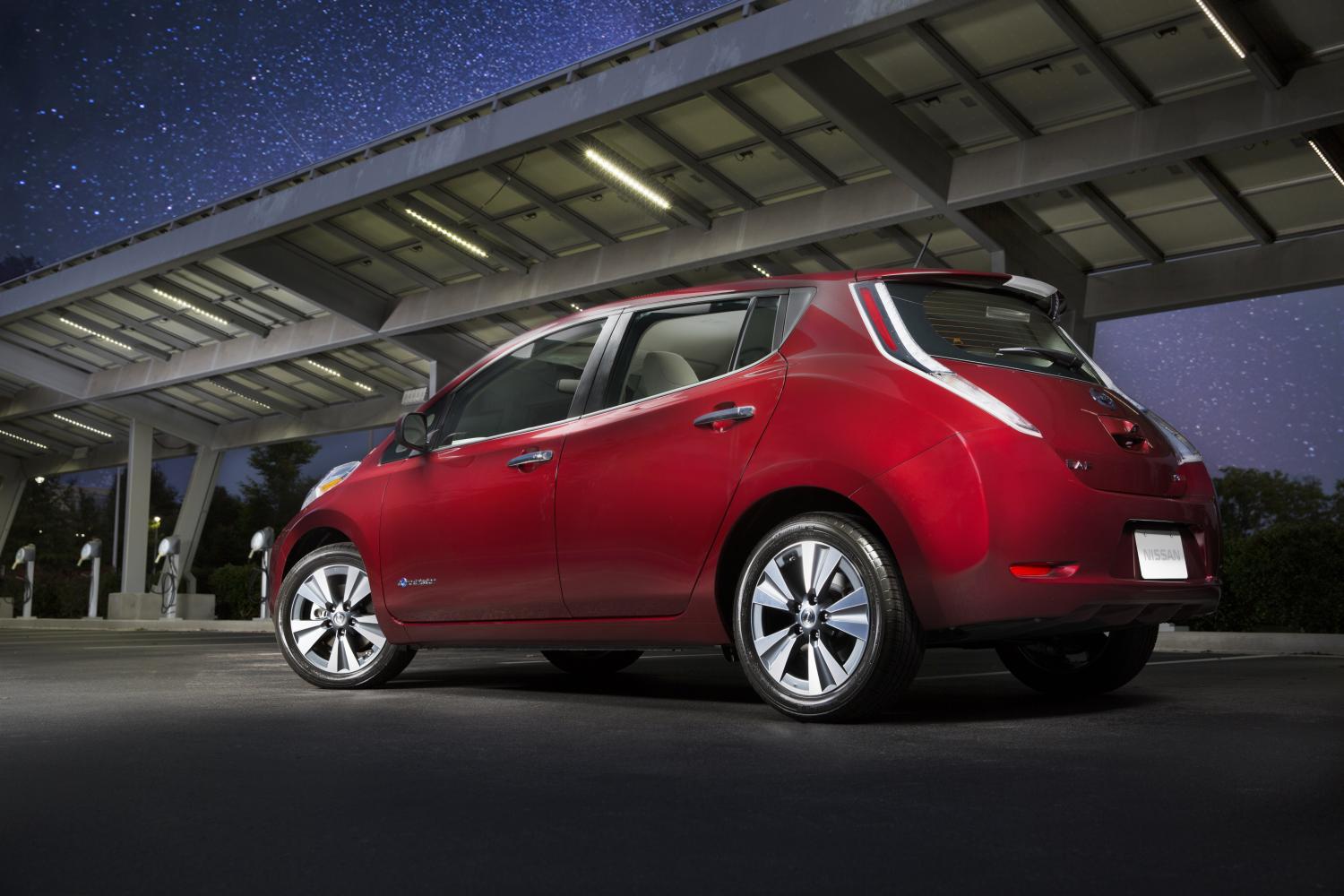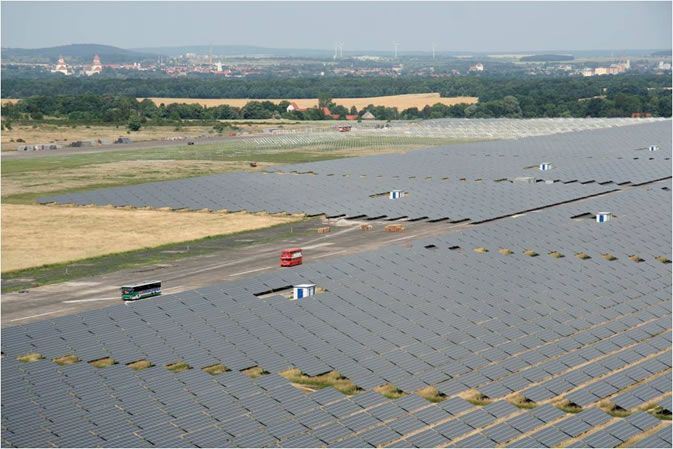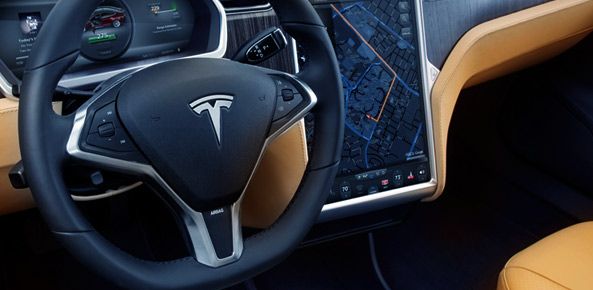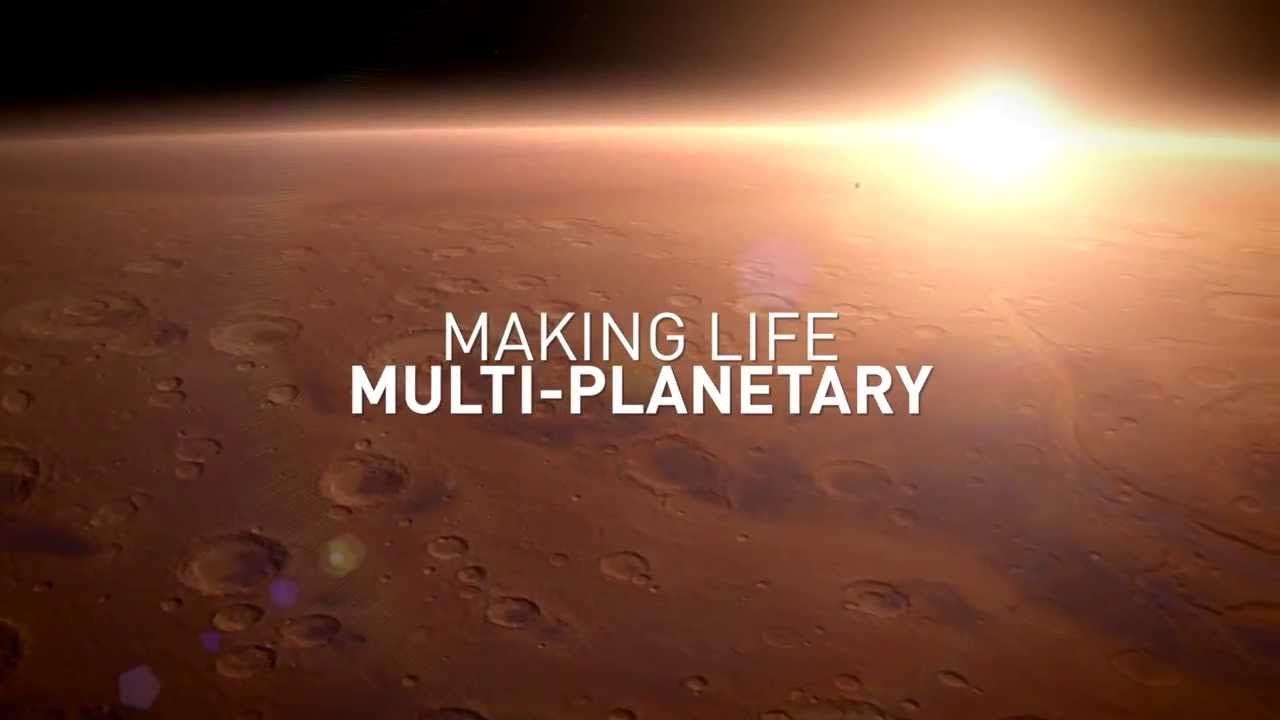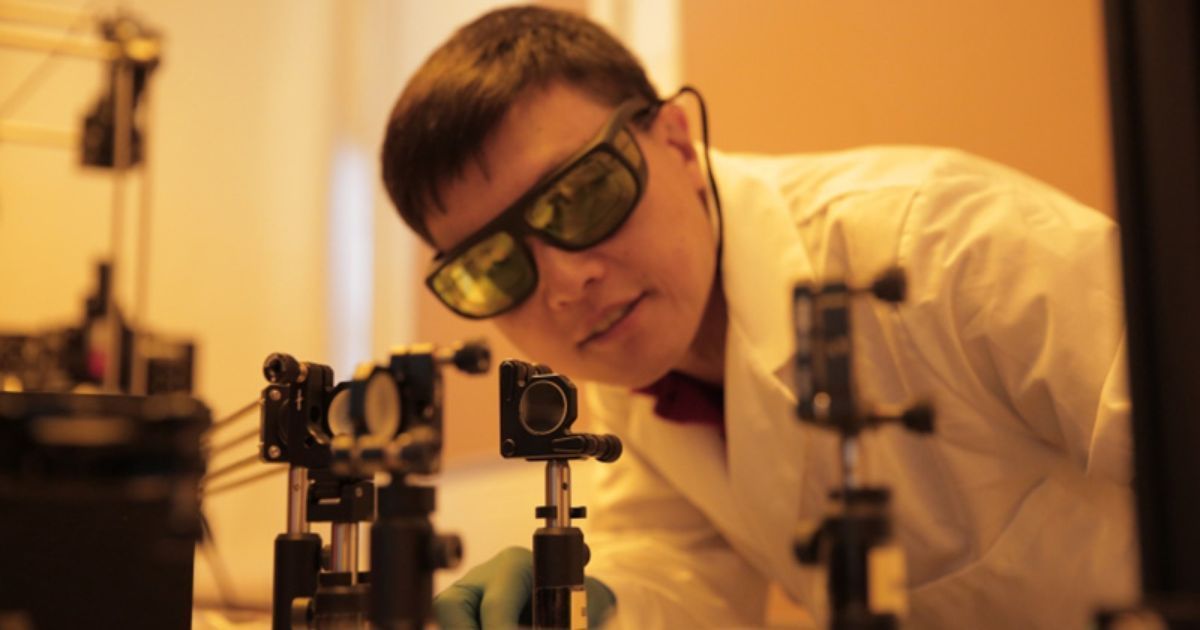Aug 19, 2016
For The First Time Ever, Wind Power Generated 106% of Scotland’s Energy Needs
Posted by Shailesh Prasad in categories: energy, sustainability
The environmental group, WWF Scotland, confirmed that on August 7, 2016, wind power alone generated 106% of Scotland’s electricity needs for the single day. This shows that with more development, renewables are capable of eventually replacing fossil fuels.
We have been harnessing the wind’s energy for hundreds of years. Traditionally, it has been used to pump water or grind grains with the help of windmills. But recently, windmill’s modern equivalent, the wind turbine, has just achieved an incredible feat—generating 106% of an entire nation’s electricity needs in just one day.
Data analysis from the environmental group, WWF Scotland, has confirmed that on August 7, 2016, wind turbines in Scotland pumped 39,545 megawatt-hours (MWh) of electricity into the National Grid, while the nation’s total consumption stood at 37,202 MWh—which was 2,000 MWh over than what the nation consumed.
Continue reading “For The First Time Ever, Wind Power Generated 106% of Scotland’s Energy Needs” »




